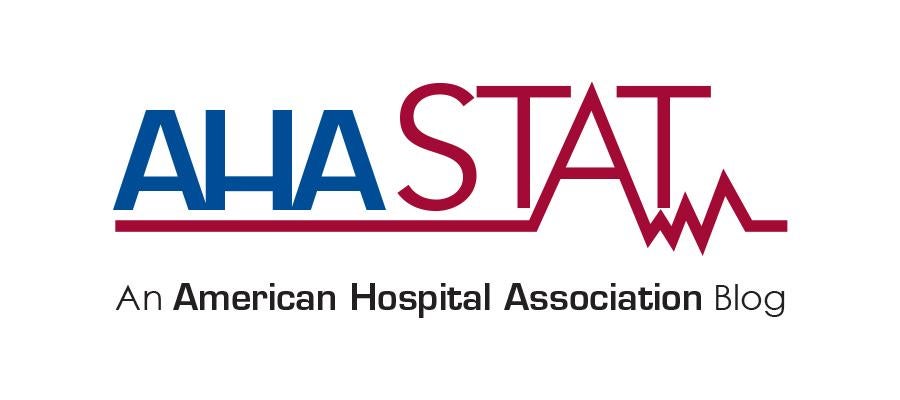More women are becoming doctors. How do we help them beat burnout?

Listen to podcasts with each of the physician leaders. For more well-being strategies, register for the Alliance’s May 30 webinar.
The AHA Physician Alliance frames all resources and services within three fundamental values: Lead Well. Be Well. Care Well., and through its Five Questions with Clinician Leaders podcast, regularly engages physician leaders on these three values.
A special series of podcasts spotlights four female physicians who participate in the Women’s Wellness through Equity and Leadership (WEL) Grant Program to develop support strategies for female physicians to address burnout professionally and personally. The program is funded by a grant from the Physicians Foundation and brings together six leading health care associations, the American Academy of Pediatrics, the American Academy of Family Physicians, the American College of Obstetricians and Gynecologists, the American College of Physicians, the American Hospital Association and the American Psychiatric Association. Highlights follow and listen to the full series here. For more well-being strategies, participate in our May 30 webinar “The Well-Being Playbook.”
Adapted from 5 Questions with Clinician Leaders: Heather Farley, M.D., chief wellness officer, Christina Care in Wilmington, Del.
We underestimate the importance of sharing stories in medicine.
Sharing our vulnerability with one another is a key to well-being. So many of us are experiencing the same challenges yet there’s a barrier to acknowledging that. Personal stories allow us to normalize the very real burdens of caregiving. It’s not that we’re weak or can’t hack it – we are experiencing a normal human reaction to a very abnormal state of circumstances, be that an adverse event or toxic work environment. There’s power in our personal stories, and sharing those out loud with colleagues can help us address burnout.
The culture of medicine has been slow to change how we value female physicians. We can change that.
There are still little things female physicians experience that male physicians don’t – like being introduced by your first name while a male colleague isn’t, or patients and family members directing a conversation to a male intern even though I’ve introduced myself as the attending physician – I haven’t seen those incidents lessen over my career. Bigger, systemic issues – pay inequities for women in medicine, the number of women in senior academic positions, maternity and breast-feeding discrimination – these directly impact wellness of female physicians and we need to be more aggressive in addressing them.
Don’t let fear hold you back.
With more women entering the medical field, I’d like to see more women in leadership positions. But I see many women with a leadership opportunity let fear hold them back. They’re afraid they will fail at something – not execute perfectly – and I want to do away with that. We all make mistakes and have failures, but we can learn from that and move on. In fact, you might improve the world because of that one failure.
Adapted from 5 Questions with Clinician Leaders: Dawn Sears, M.D., chair, gastroenterology, Baylor Scott & White Health in Temple, Texas.
I quickly saw that burnout and unrealistic expectations for myself and colleagues was going to be a real threat to all the time and dedication I had put in to my medical training.
If I could help a few colleagues stay in practice longer, I knew my impact on patients would be much greater than if I was able to treat the patient standing in front of me. With more women becoming physicians than before, what could I do to address sexual harassment and gender bias that denies women opportunities even though we have the same education as our male counterparts? These questions have prompted my WEL project, a roadmap for creating a women in medicine support program.
Elisa Arespacochaga is vice president of AHA’s Physician Alliance.

